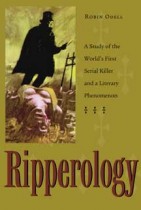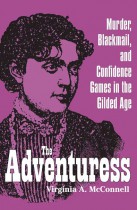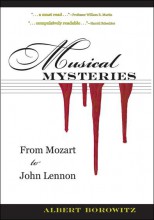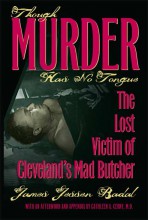Terrorism for Self-Glorification
Albert Borowitz | Filed under: Audiobooks, True Crime, True Crime History
The study of terrorism requires interdisciplinary inquiry. Proving that terrorism cannot be the exclusive focus of a single field of scholarship, Borowitz presents this complex subject using sources based in religion, philosophy, history, Greek mythology, and world literature, including works of Chaucer, Cervantes, Mark Twain, and Jean-Paul Sartre. Terrorism for Self-Glorification, written in clear and direct prose, is original, thorough, and thought provoking. Scholars, specialists, and general readers will find their understanding of terrorism greatly enhanced by this book.





